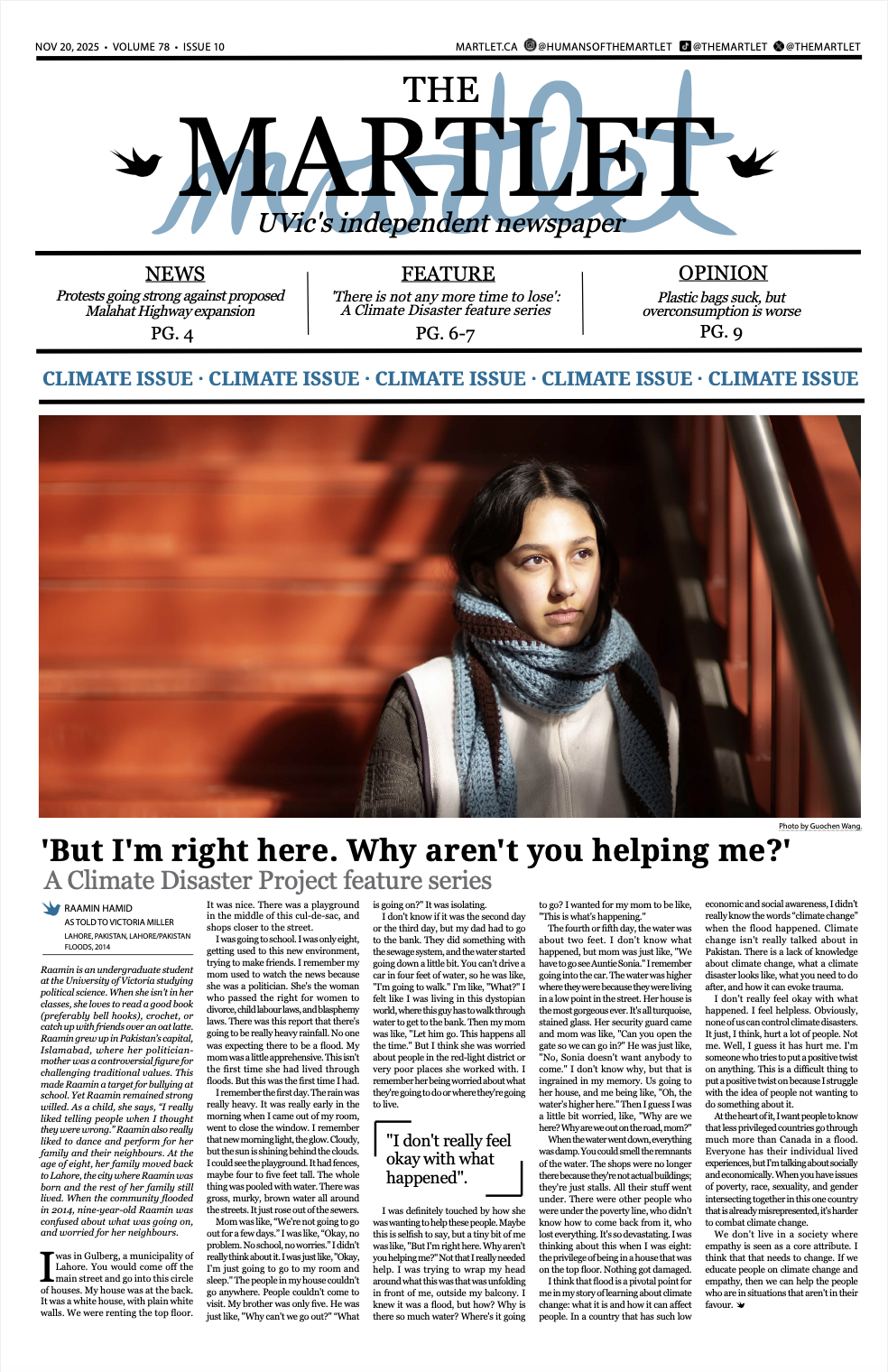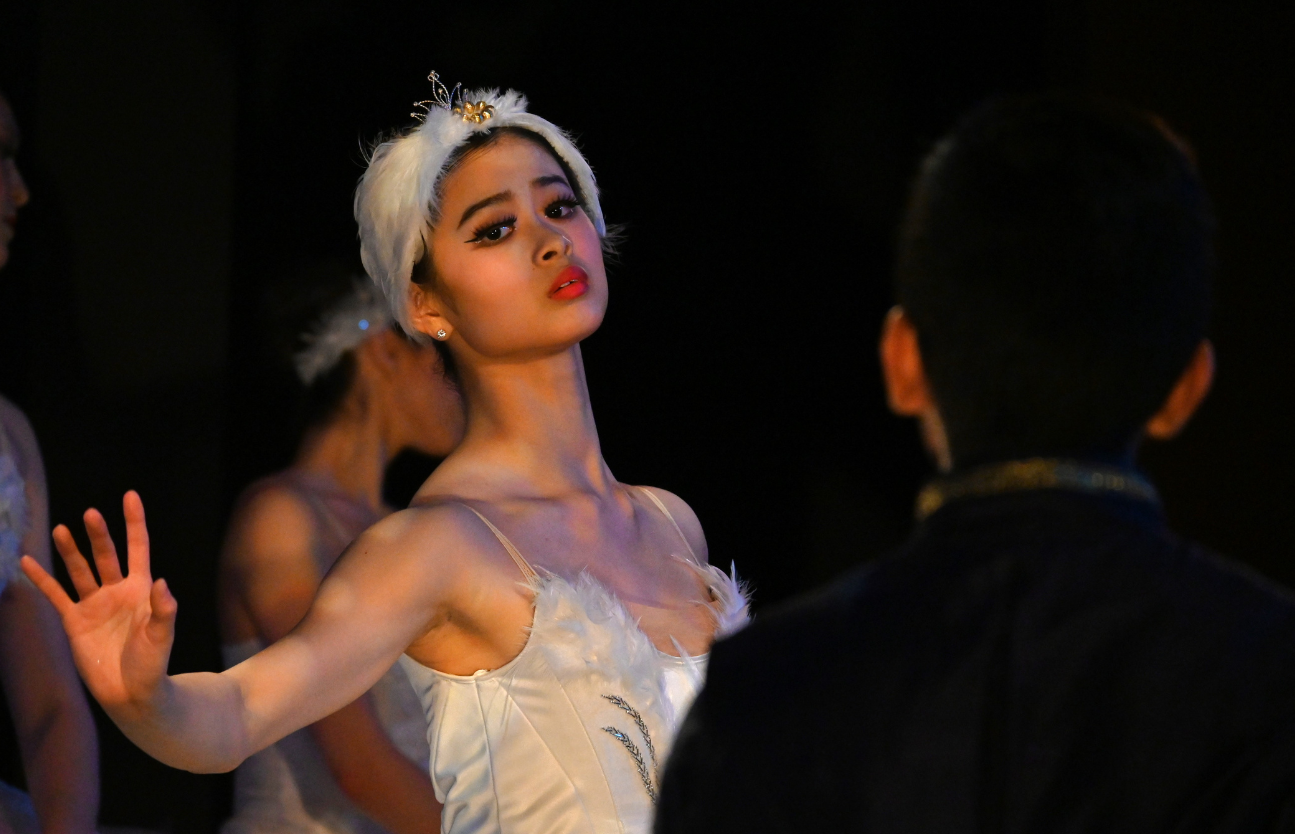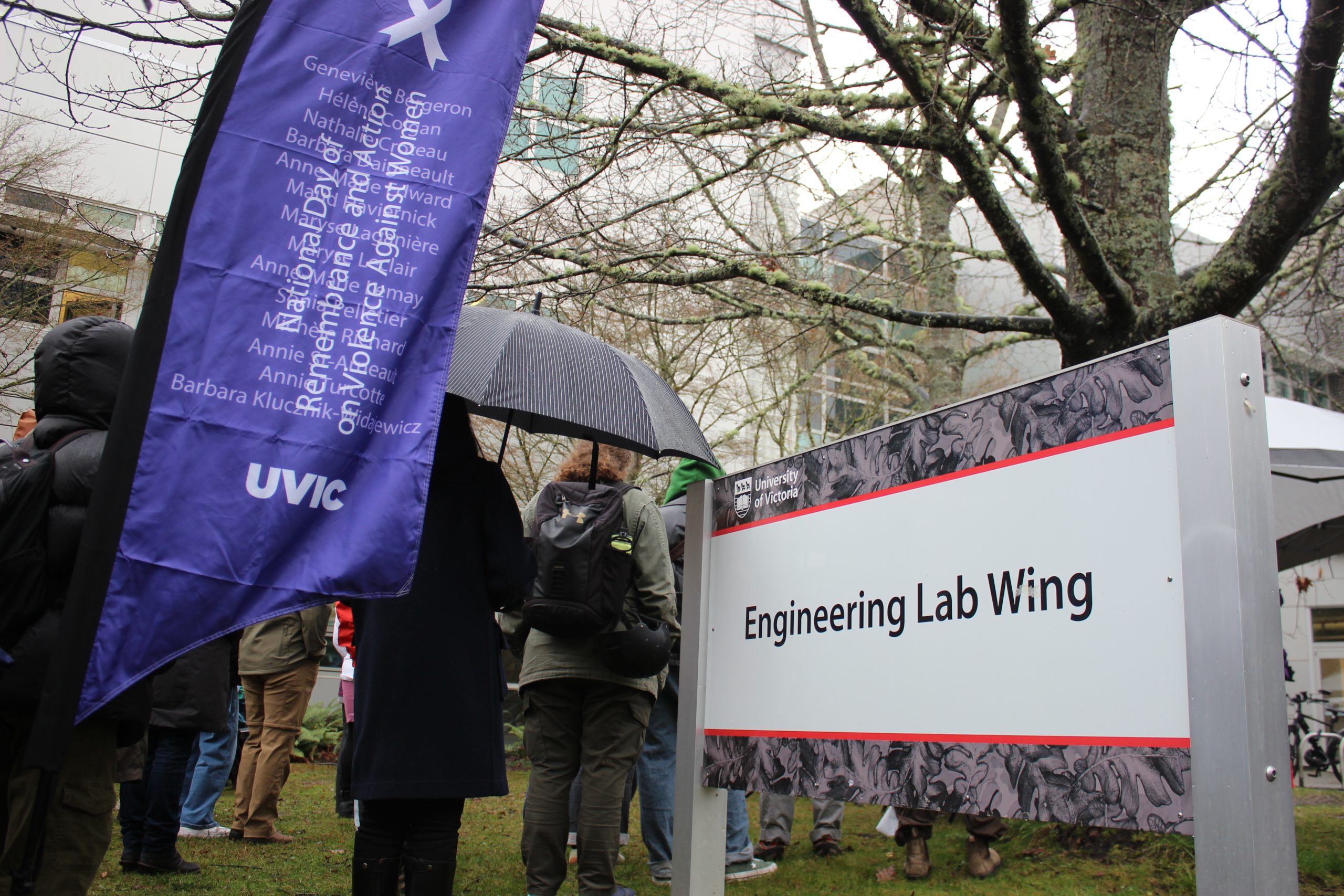My feelings for our institution are familial; it is both loved and hated. These feelings confounded me one day in the bookstore café. After buying coffee from the university-owned subsidiary, I saw a shelf of plastic piggy-banks for sale which read “UVIC,’ scrawled across its cute side.
I remarked on this object cynically to a bus driver, who retorted, “Ya, pay up — to UVic.” I shook my head. University in our era is no longer for an aristocratic class; all can attend (if they can afford it), or else sign a life-long debt on the dotted line. On a conversation about debt with my brother: “that’s life,’ he said “debt.” But, does it have to be?
Our institutions run on high-octane management, tuning processes for efficient cash receiving. Indeed, the bookstore adds several portable cash registers in a cattle procession of spending during busy times. The OneCard removes a third party, so that UVic, no doubt, saves from transaction fees.
A university is a business; we can’t mistake this reality. However, we can demand more from a publicly funded institution. UVic will increase tuition by 2% for the 2014/2015 terms, without a decrease in budget. And life goes on in the reminiscent attitude, much that of my brother’s.
The UVic piggy bank is cheeky and perhaps an egotistical taunt. It both recognizes the realities of the costs of university and wants to realize this infallible reality complacently. Indeed, it is an oxymoron to spend $6 on a branded object to “save” money. It’s cute, but the message is deeper.
Some of us refuse in our little ways to abide to every detail which the school puts forth. Some refuse textbooks, others don’t eat on campus, and some altogether avoid university, seeing it for what it is.
I am not cynical enough about our system to avoid it altogether, but we need to be smarter, and students must make an effort to affect systemic change. Expensive institution is not “the way it is.” It is so because we’ve let the falsehood become truth. We are exposed to messages that tell a story about what is going on, however, the stories, are only just that. We do have the power to change the story that will benefit students, the university, and broader culture.








